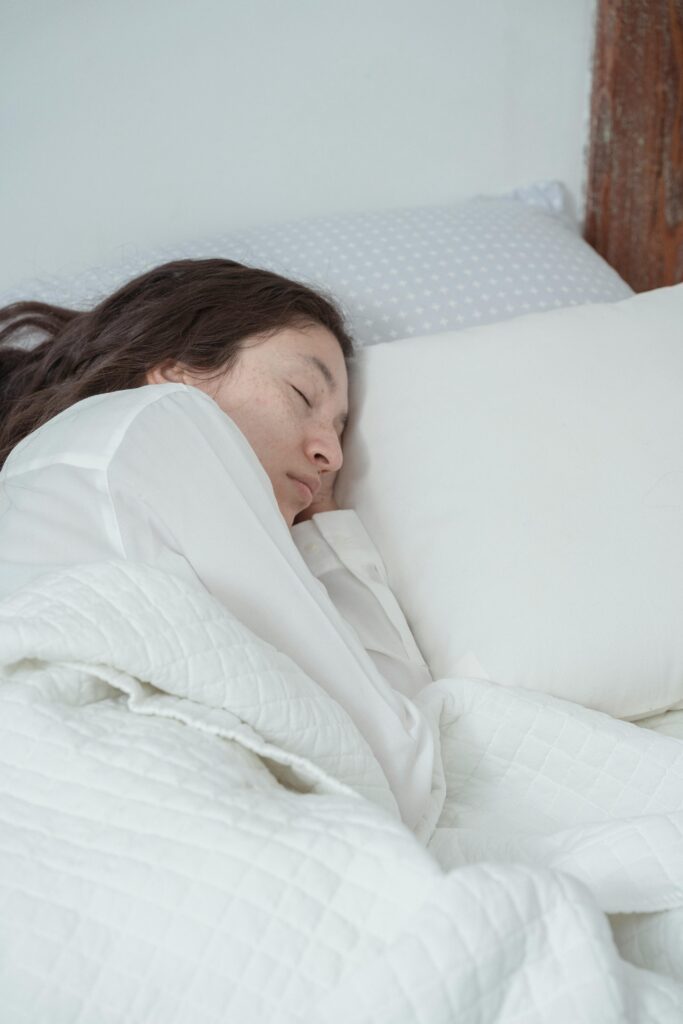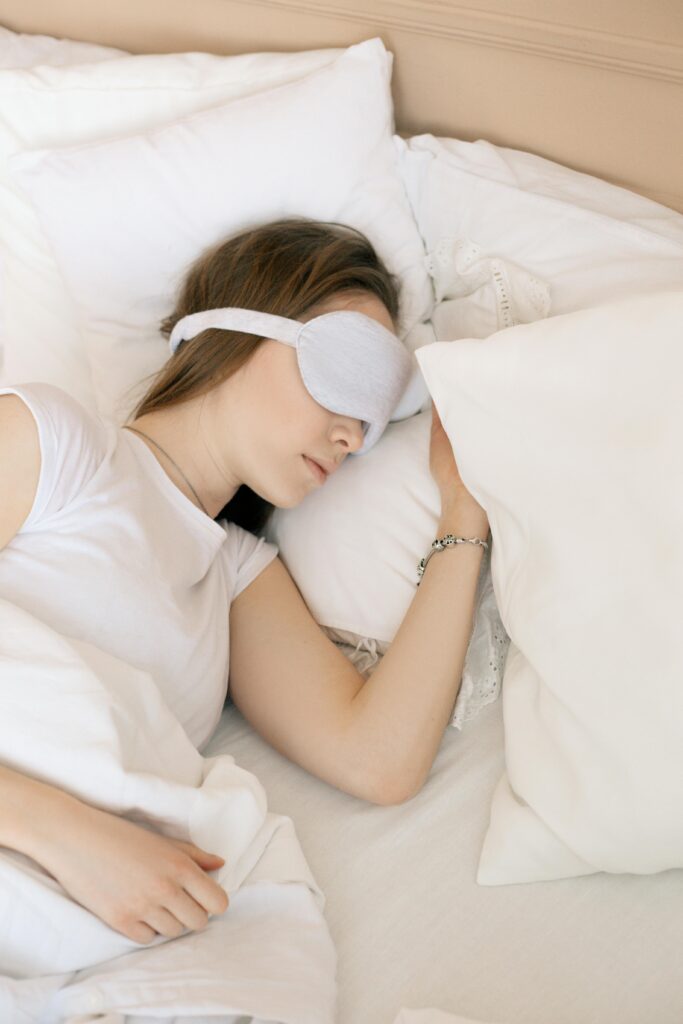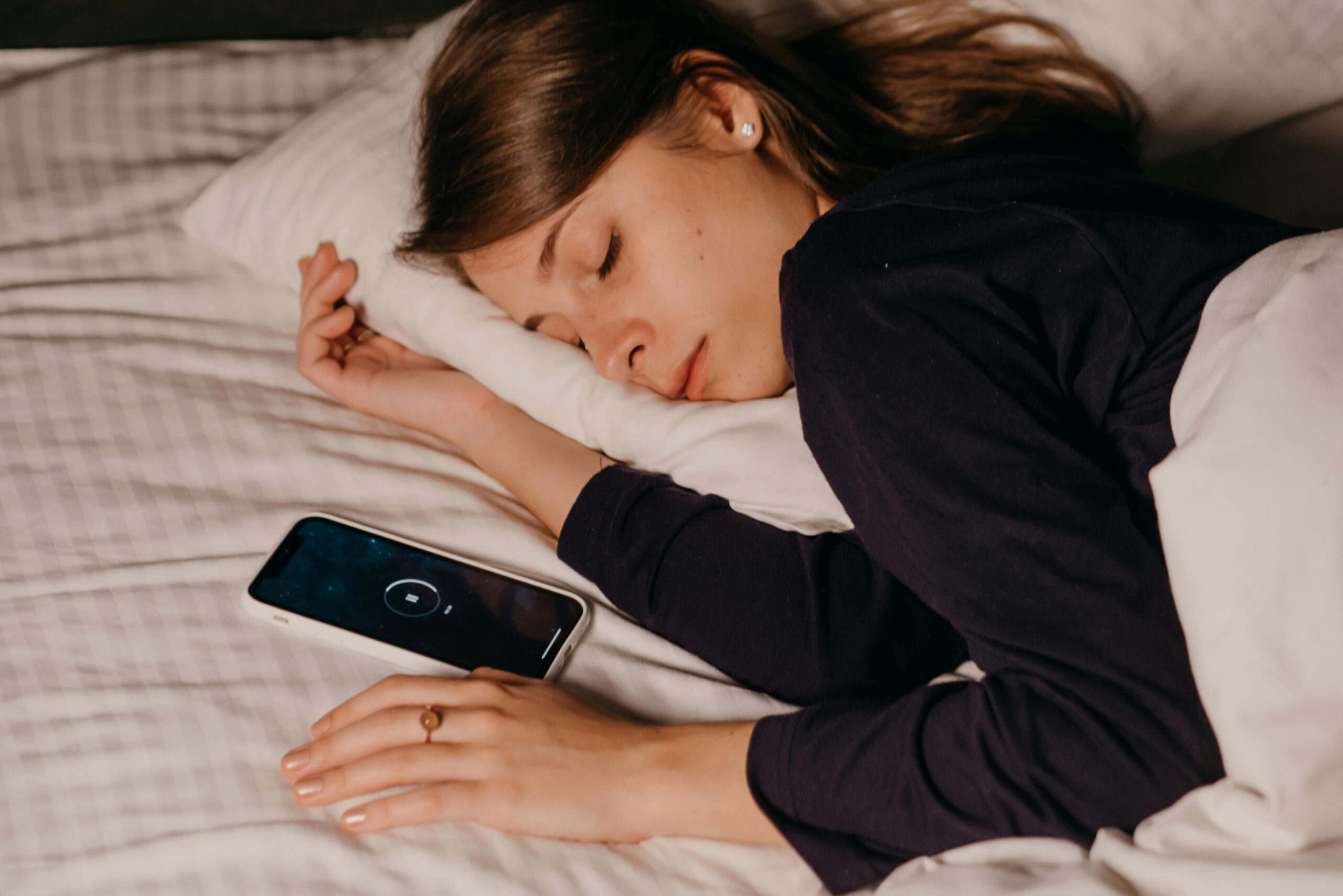Spread the love
Dreams are a natural part of the sleep cycle, especially during the Rapid Eye Movement (REM) stage. While it’s impossible to eliminate dreaming, you can take steps to reduce the intensity and frequency of your dreams and improve your overall sleep quality. Here are some strategies for How To Dream Less And Sleep Better.

Improve Sleep Quality.
01. Establish a Regular Sleep Schedule.
- Go to bed and wake up at the same time every day, even on weekends. This helps regulate your body’s internal clock and can improve sleep quality.
02. Create a Restful Sleep Environment.
- Make sure your bedroom is cool, dark, and quiet. Use earplugs, an eye mask, or a white noise machine if necessary.
03. Use a Comfortable Mattress and Pillows.
- Ensure your bed is comfortable and supportive. An uncomfortable sleeping environment can disrupt sleep and contribute to more vivid dreams.
04. Limit Screen Time Before Bed.
- Avoid screens (TV, phone, computer) at least an hour before bedtime. The blue light emitted can interfere with your sleep cycle.

You can Also Like To Read This Post:- How Dreams Are Related To Sleep
05. Avoid Stimulants and Heavy Meals Before Bed.
- Limit caffeine and nicotine, and avoid heavy or spicy meals close to bedtime. These can disrupt sleep and lead to more vivid dreams.
06. Exercise Regularly.
- Regular physical activity can help reduce stress and promote better sleep. Just avoid vigorous exercise close to bedtime.
07. Practice Relaxation Techniques.
- Engage in calming activities before bed, such as reading, meditating, or taking a warm bath. Techniques like deep breathing, progressive muscle relaxation, or guided imagery can help relax your mind and body.

Manage Stress and Anxiety.
08. Stress Management.
- High levels of stress and anxiety can lead to more vivid and frequent dreams. Practice stress management techniques such as yoga, meditation, deep breathing exercises, or mindfulness.
09. Journaling.
- Writing down your thoughts and worries before bed can help clear your mind and reduce the likelihood of anxiety-induced dreams.

Adjust Your Diet and Habits.
10. Avoid Alcohol Before Bed.
- While alcohol might help you fall asleep initially, it can disrupt your sleep cycle and lead to more intense dreams.
11. Consider Natural Sleep Aids.
- Consult with a healthcare provider about using natural sleep aids like melatonin. Be cautious with over-the-counter sleep medications, as they can have side effects and may affect your dream patterns.

Professional Help.
12. Talk to a Therapist.
- If you have frequent or disturbing dreams, consider talking to a therapist. Cognitive Behavioral Therapy for Insomnia (CBT-I) can help address underlying issues that might be affecting your sleep and dream patterns.
13. Consult a Sleep Specialist.
- If you continue to have trouble sleeping or have frequent disturbing dreams, it might be helpful to see a sleep specialist. They can conduct sleep studies to diagnose and treat any underlying sleep disorders.

By improving your overall sleep hygiene and managing stress and anxiety, you can enhance your sleep quality and reduce the intensity and frequency of your dreams.


1 thought on “How To Dream Less And Sleep Better”